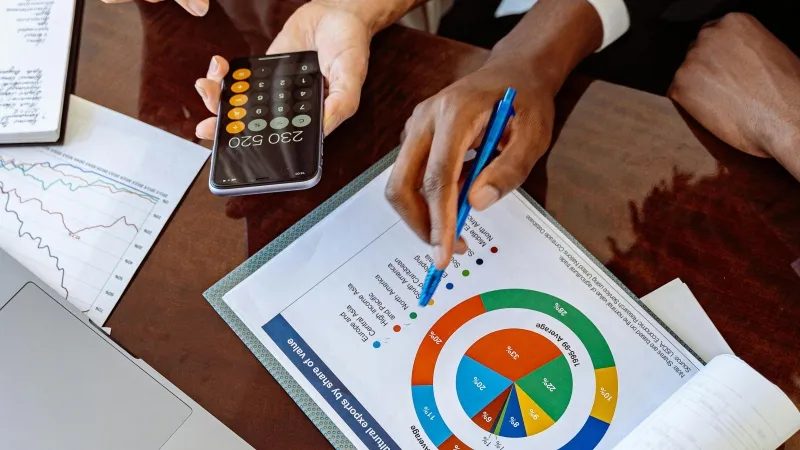
Indonesia's BCA walks the talk on sustainable finance
The Indonesian bank considers the environment and governance in its lending decisions.
Jakarta-based Bank Central Asia (BCA) does not lend to environmentally damaging industries such as coal mining and palm oil as part of its sustainability culture, amid global efforts to curb a carbon bubble.
Also covered by the financing ban in Indonesia’s biggest private bank in terms of assets are companies in toll road construction, wood and forest, and cement and basic steel.
“BCA manages risks related to sustainable finance by optimising its risk management function,” Hera F. Haryn, executive vice president of Corporate Communications and Social Responsibility at BCA, told Asian Banking and Finance.
“Environmental, Social, and Governance (ESG) risk management is applied from the initial screening process of credit applications,” she added.
The bank’s credit to sustainable sectors has grown by 9.3% year on year to IDR198t (US$12,78b) as of June 2024, accounting for 23.2% of BCA's total loan portfolio.
Hera said they continue to lend to sustainable business activities, in line with growth targets reported to Indonesia’s Financial Services Authority. “The outlook for BCA’s sustainable credit appears positive, with many financing opportunities across all sustainable sectors.”
Indonesian banks are becoming more conscious of environmental, social, and governance (ESG), according to Josua Pardede, chief economist at Bank Permata.
Their lending policies have increasingly been influenced by sustainable finance since the Financial Services Authority or OJK issued a circular in 2017 pushing local banks to avoid lending to or investing in “business activities that use excessive resources, increase social inequality, and damage the environment.”
"Furthermore, OJK introduced the Taxonomy for Sustainable Finance Indonesia as a guide to enhance the allocation of capital and sustainable financing," Josua told Asian Banking and Finance.
Local lenders are increasingly integrating ESG reporting in their annual or dedicated sustainability reports, in line with investor and stakeholder demands. They are also pushing sustainable financing, including issuing green bonds and funding projects for clean energy transition and sustainable development.
A strong ESG strategy can positively affect a bank’s financial performance in the long run, Josua said. “Banks that adopt ESG practices tend to experience reduced operational risk, improved reputation, and better access to capital.”
Effective ESG integration can help them identify and manage environmental and social risks that could affect their assets and liabilities, he pointed out.
‘Cultural shift’
“However, the positive relationship between ESG strategy implementation and financial performance is influenced by various factors, including the effectiveness of the strategy’s implementation and, of course, market conditions," Josua added.
Indonesian banks still face challenges in integrating ESG in their lending and investment decisions.
Key challenges include low awareness of ESG within banks and among stakeholders, the need for initial investments, and resources to develop an adequate ESG framework, Josua said.
“ESG integration requires a cultural shift within organisations and effective reporting systems, which are not always easy to implement,” he added.
He said Indonesian banks should boost ESG policies and frameworks and integrate ESG risk analysis into their credit and investment decision-making processes. “This includes evaluating the environmental and social impacts of financed projects and assessing vulnerabilities to climate change," he added.
BCA’s Hera noted that for every challenge, new opportunities arise. Aside from prioritising sustainable business activities, BCA is also developing the capacity of its employees.
Since 2019, the bank has had a dedicated ESG team that instils a culture of sustainability through coordination, planning, monitoring, and evaluation of sustainability policies and practices across various BCA units.
“BCA continues to enhance communications and education for employees and debtors about ESG to reduce understanding gaps,” Hera said. “We will continue to work alongside debtors towards better ESG implementation.”



















 Advertise
Advertise









